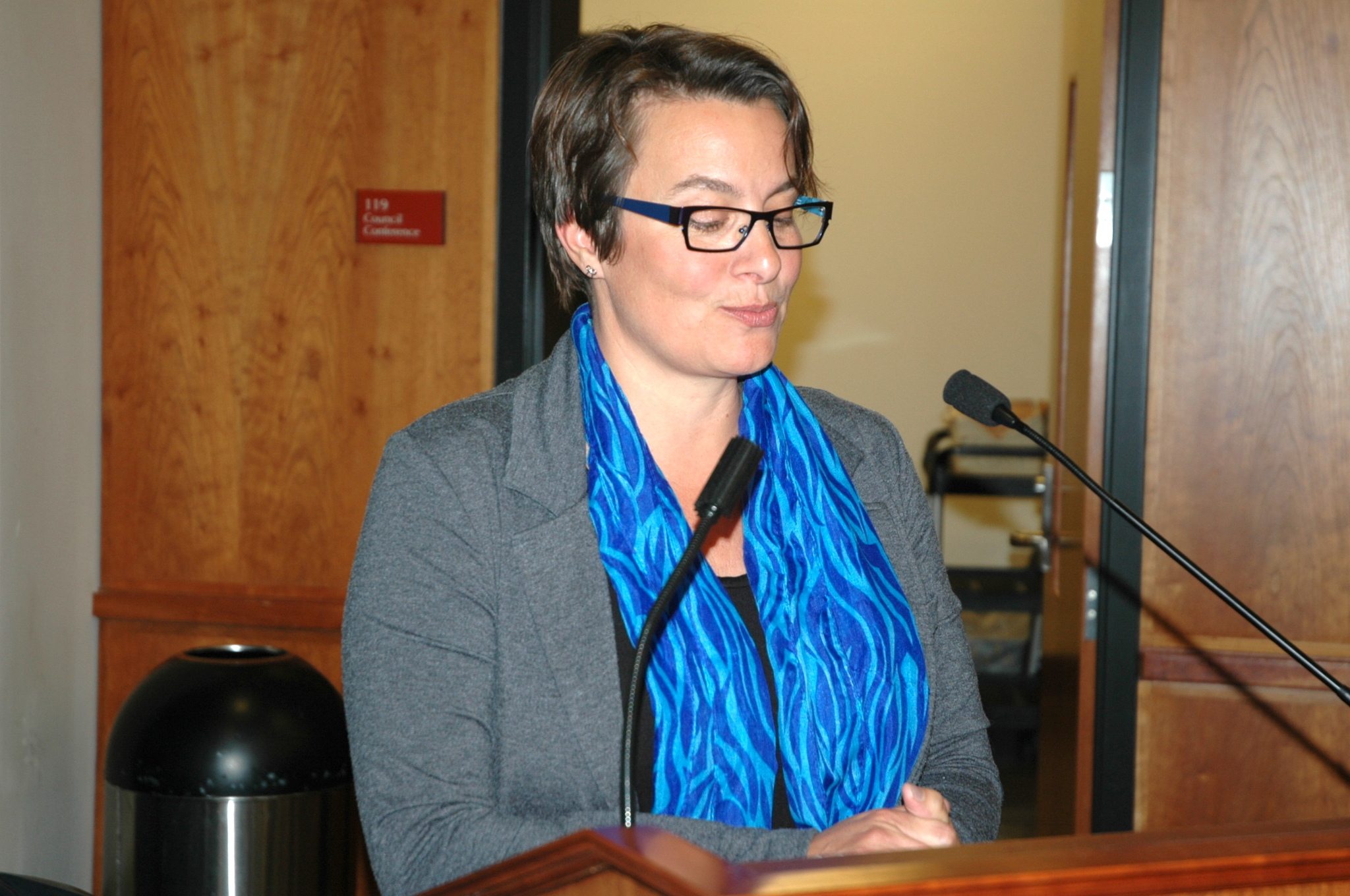ARLINGTON — While homelessness is a widespread problem nationwide, Cocoon House CEO Cassie Franklin made the case to the Arlington City Council May 16 that teen homelessness represents a unique problem in its own right.
“While adults often become homeless due to job loss or mental illness, youths are more likely to go homeless due to abuse, neglect or family conflicts,” Franklin said. “In about half of all cases, their parents ask them to leave.”
Franklin reported that 46 percent of homeless youths suffer from physical or sexual abuse, and many are not accepted because they’re LGBT.
“It’s harder to identify homeless youth than homeless adults,” Franklin said. “They’re not as visible because, in many ways, they act like any other teenager.”
Franklin estimated that the average age that young people become homeless is 14.5 years, and cited statistics showing that those 12-17 are more likely to become homeless again as adults.
She added that mental illness and drug addiction are big problems for homeless teens, 75 percent of whom self-medicate to cope with their situation, which frequently includes sexual exploitation. “Within forty-eight hours of hitting the streets, they’re approached by predators,” Franklin said.
Franklin praised the Point In Time homeless count in February for upping its turnout, but she noted that even the most successful homeless counts miss people.
Of the 3,200 youths believed to be homeless in Snohomish County, 147 are in Arlington schools, but as Franklin pointed out, that number only includes kids going to school.
To address that situation, Cocoon House has conducted outreach on the streets of Arlington, going to the parks and receiving tips and referrals from the library, school counselors and the Youth Dynamics “Mud Hut.”
“We do everything we can to get them re-engaged,” Franklin said, holding up a card with an all-hours response number that’s handed to teens. “We’ll pick them up, regardless of where they are, and provide them with a safe space. The quicker we get them off the streets, the better.”
Cocoon House even works with teens and families to prevent homelessness before it happens, by addressing problems that can lead to youth homelessness, from skipping school to starting drugs.
“We’ve developed action plans with families,” Franklin said.
Cocoon House’s facilities longterm housing in Arlington and Everett, and emergency shelters in Everett and Monroe.
“We’ve got five separate bedrooms for teen moms in Arlington, so that they don’t have to share their rooms with anyone but their babies,” Franklin said. “Our goal is to help them grow up and learn to be self-sufficient.”



